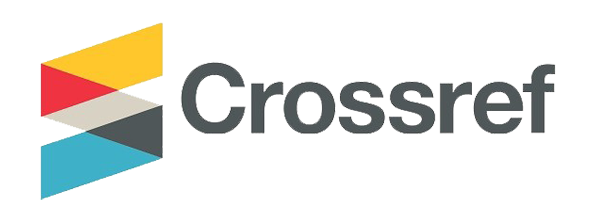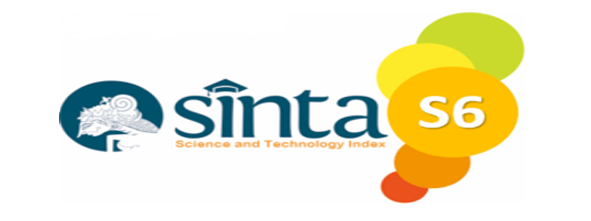Students’ Perceptions of Using Canva as a Learning Media in Reading Argumentative
DOI:
https://doi.org/10.51178/invention.v6i2.2879Keywords:
Students’ Perception, Canva, Learning Media, ReadingAbstract
This study aimed to investigate students’ perceptions of using Canva as a learning media in reading argumentative texts. A descriptive qualitative design was employed, involving ten twelfth-grade students of MAN 3 Langkat who had prior experience with Canva in English lessons. Data were collected through an open-ended questionnaire distributed via Google Form and analyzed using Miles (2014) framework of data condensation, data display, and conclusion drawing. The findings revealed that students’ perceptions were divided into positive and negative categories. Seven students (70%) expressed positive perceptions, describing Canva as attractive, motivating, and effective in clarifying argumentative structures such as claims, reasons, and evidence. They explained that Canva’s visuals and templates helped them stay engaged and organize ideas more clearly during reading activities. Three students (30%) expressed negative perceptions, mainly due to slow loading, restrictions caused by premium features, and readability problems when color contrasts between text and background were weak. In terms of reasons for these perceptions, the analysis showed that Canva captured students’ attention through its colorful design (35.7%) and maintained relevance by connecting visuals with their academic needs (28.6%). Confidence (14.3%) was fostered when Canva’s templates supported systematic thinking, but was reduced when poor design made comprehension difficult. Satisfaction (21.4%) was achieved when Canva functioned smoothly, but was undermined when technical problems disrupted learning. These findings imply the importance of balancing Canva’s strengths with its limitations and maximizing its pedagogical potential to support students in reading argumentative texts effectively.
Downloads
Published
Issue
Section
License
Copyright (c) 2025 Rizka Arni Sagala, Neni Afrida Sari Harahap

This work is licensed under a Creative Commons Attribution-ShareAlike 4.0 International License.











